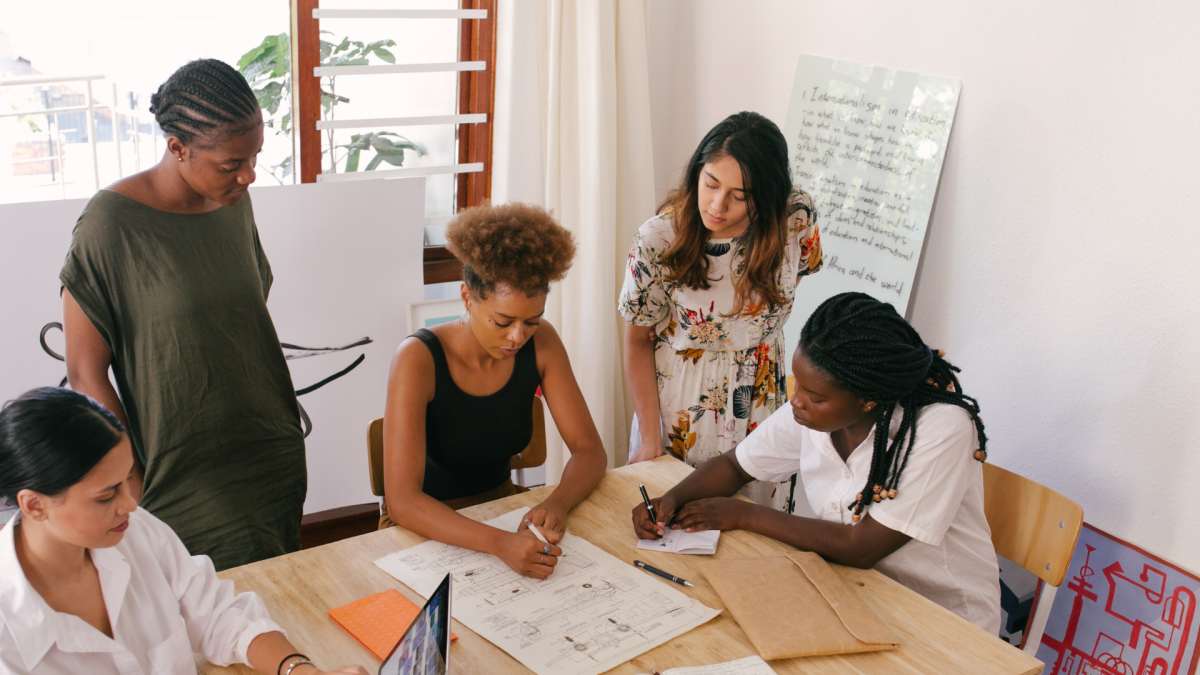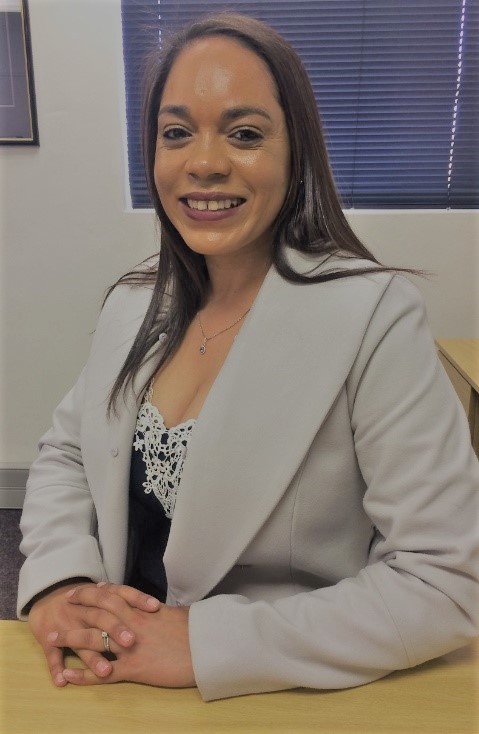
By Eamonn Ryan
The Corrosion Institute of South Africa (CorrISA) has a number of women-focused initiatives underway to increase female representivity in its sector, one of them being to celebrate its current female members of CorriSA during the month of August.
Corrosion Institute executive director, Petra Mitchell, says: “In addition, we are in the process of planning a Women in Corrosion symposium, inviting women in the sector to present various projects and impacts they’ve made, highlighting their contribution.

“We have some fiercesome women in this industry and looking at our current female members, they are not easily intimidated by the men in the industry, which is highly motivating for younger women entering the sector. We want to look at what they’ve achieved through the years: their success stories; what their challenges were to mitigate corrosion; what lessons could be learned from those; and how to disseminate these outside our sector to other industries that are male dominated.
“For myself, apart from the corrosion industry, I’ve spent most of my career in male dominated industries: construction, manufacturing and engineering. This didn’t intimidate me that much because I’ve always been a girl who’s got along with boys very well. I’ve played sports which helped me build my confidence and assured me that I was as competent as my male peers in any task at work, sometimes even exceeding my male counterparts – and I know the same goes for many of my female peers in this industry,” says Mitchell.
“We already have an awards dinner (18 November 2022). The prestigious Corrosion Institute Annual Awards provide recognition to individuals and companies for their contributions towards furthering the objectives of the Institute and in so-doing helping to champion corrosion control. Women in the corrosion sector are today more confident and more familiar with it, have overcome most obstacles, and we want them to describe how they overcame those obstacles,” says Mitchell. But it’s important to also get the perspective of looking over a span of years, because things have changed dramatically compared to when many had started in the industry.
“Women over the years have come to be taken more seriously in the industry. If you look 15 or more years ago this industry was mostly male dominated, but now things have changed. Although women are being given more opportunities, I feel that we are still being treated as if we can’t handle certain roles within the industry. These roles or jobs will tend to be directed at men, because of the assumption that we won’t know it – when a lot of times we are probably better at it than our male counterparts. One will also find that often technical questions will be redirected to a male as if we women are not capable of addressing the relevant technical matter at hand.
“We need to change this mindset. And the only way that we can achieve this is through training for women specifically. The government and private sector have various training and support programmes for women in the industry to encourage more participation.
“But women are only one aspect of diversity: in order for us to make further strides we need to involve our youth through training and mentorship programmes. This is something that CorriSA is very proud of with our training programmes, and its reciprocal membership with universities, universities of technologies and TVET colleges. Unless you make a generational change we will never see the progress we want to see in our sector. . We need to bring the younger generation in with the newer technologies, while not forgetting what we’ve learned from past experience.
“I’ve personally learned that if I want to be taken seriously in anything, wherever I’m expected to take the lead I have to prepare. In a boardroom there might already be the view that “she’s just another woman” so I need to be prepared for anything and know what I’m going to talk about.
“We as women can own this space and are capable of handling technical and indeed any matters. For me, on a personal level, my goal is to grow the sector through training, with similar industries, because we as the Corrosion Institute overlap with many other industries. To this end I want to look at a platform where women can interact with one another to share experiences and success stories – and challenges. We don’t always want to hear only success stories, we want to know about the challenges overcome to get to the success stories.
“One thing I’ve done throughout my career, is to surround myself with like-minded people such as industry experts and mentors. When I began my career, I just had passion and a desire to see change. I did extensive research and taught myself how the industry works. This has stayed with me throughout my career – the need to prepare, to research, to teach myself and to learn. You cannot wait on other people but need to have that drive to take initiative,” she adds.
When asked about the plumbing sector “With regards to the plumbing sector, we were conditioned as kids that this job is for men, and different jobs are the preserve of women. This is the narrative that has to be changed through training. There is so much more to plumbing them than actually just fixing things. Once that perception is changed then more women or more young people will reach for the profession. “For instance, if we want to drive more women into the corrosion industry we need to educate people that there’s much more to it than getting dirty on site. There’s various aspects to both industries. We can definitely change perceptions if the message that gets out,” says Mitchell.
More news
- REFRATECHNIK ASIA NEW ASSOCIATE CORPORATE MEMBER OF WCA
- PART 5: SA’S TRADE DILEMMA: A PODCAST DISCUSSION WITH DONALD MACKAY
- STATE-DRIVEN OPPORTUNITIES FOR SA CONSTRUCTION COMPANIES BUT MANAGING RISK IS A PRIORITY
- PART 4: SA’S TRADE DILEMMA: A PODCAST DISCUSSION WITH DONALD MACKAY
- CONCOR KICKS OFF OXFORD PARKS BLOCK 2A PHASE I PROJECT

